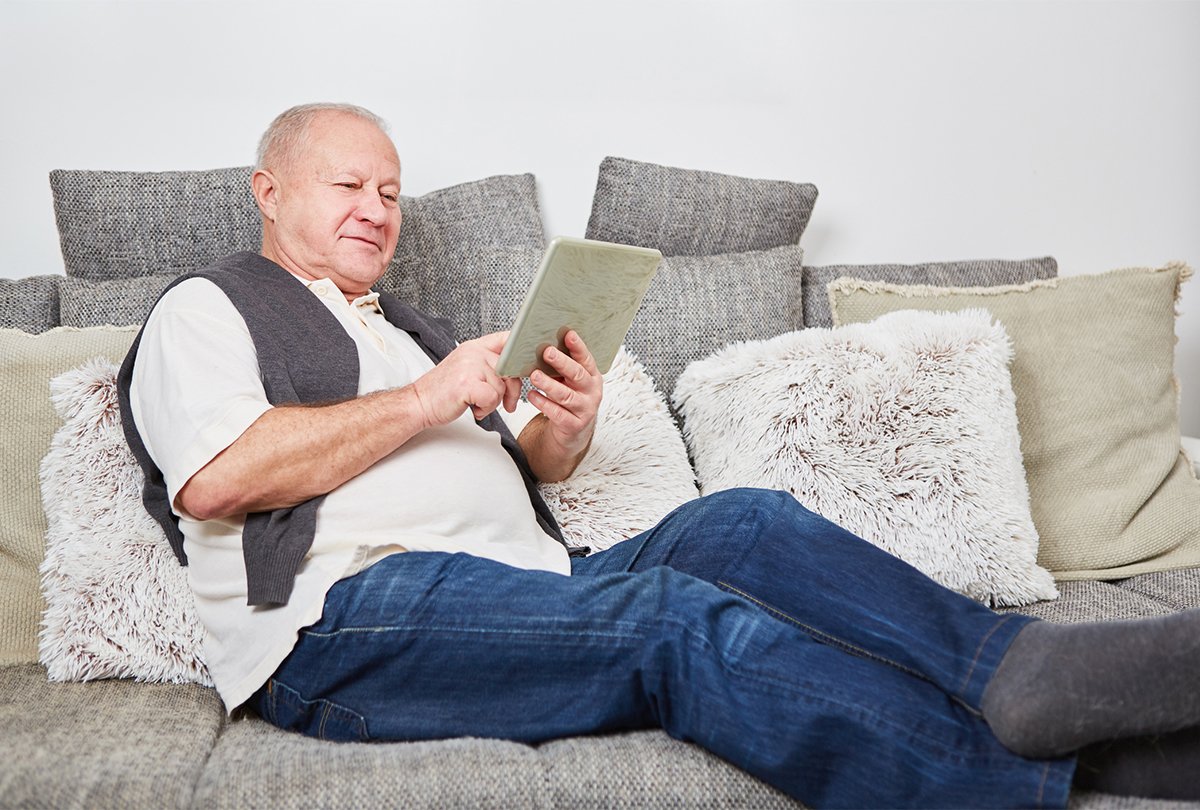Jack Gesino, an associate professor of social work at Southern who specializes in elder care, said that social isolation and loneliness can alter a person’s genetic response to disease even in normal times. This represents an even bigger challenge — especially for the elderly — during this time of the coronavirus pandemic, when social distancing is crucial to staying healthy.
“The virus adds an ‘uncertainty’ as to what is happening — will I get it, when will it end and so on,” Gesino said. “From a neurobiological perspective, the brain hates uncertainty and frequently responds with either depression, anxiety or both.”
But Gesino said that while these are challenges, there are steps senior citizens can take to reduce the chances of becoming depressed or overly anxious. They can also help people of all ages.
He recommends the following:
- Setting a goal each day, as this literally calms the brain.
- Limiting one’s exposure to the news once a day.
- Taking the opportunity to have 15 minutes of sunshine (the brain perceives this as a reward, in addition to the health benefits of sunshine).
- Laughter. Watch some funny sitcoms.
- Novelty. Do something out of your routine. An example could be eating breakfast for dinner.
- Savoring music. Scientific data shows that music provides a benefit to the brain and its ability to decrease stress.
Gesino said caregivers for the elderly also can face psychological challenges of their own. He said adult children often feel guilty in not being able to see or assist their parents.
“Video chat technology can be helpful, such as FaceTime and Skype,” he said. “Many elders who have the financial means are pretty sophisticated on using technology.
“I hope public officials have a plan in place to help elders who are disadvantaged to maintain regular social contact.”
Gesino said that in many instances, disadvantaged elders are living in public housing or apartments, although in some cases, they are living in their own homes.



